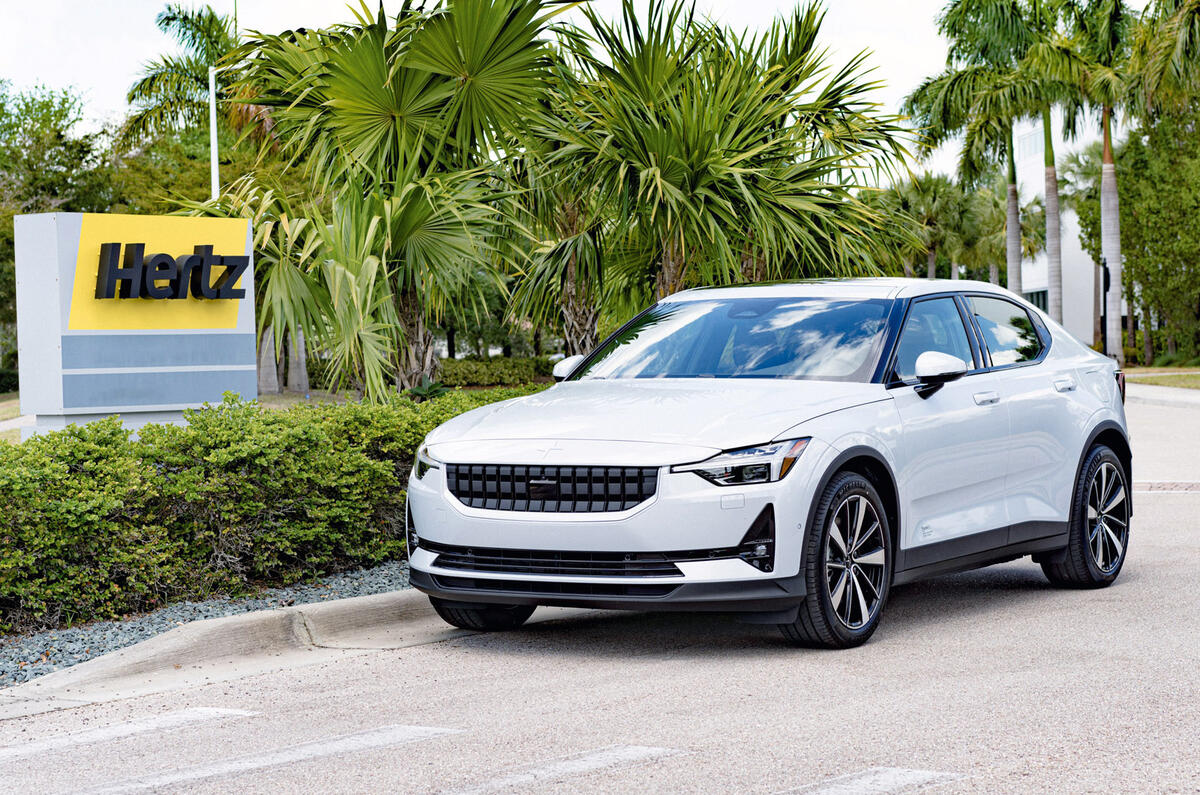If ever you wanted proof of the topsy-turvy world we now live in, look no further than the blizzard of excited headlines about the recent car deals brokered by Hertz.
Not long ago, bulk-selling to rental fleets was seen as desperation, an opportunity to offload excess stock at speed. It was an ultimate act of robbing Peter to pay Paul, with the immediate benefit to the bottom line eradicated as poorly treated, basic-spec cars flooded onto the used market, hurting residual values and therefore raising leasing and financing prices.




Add your comment